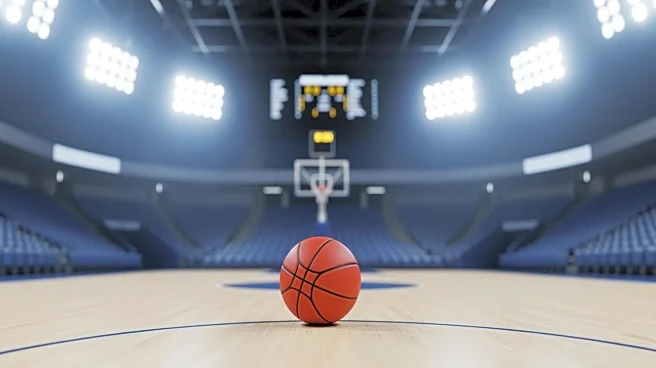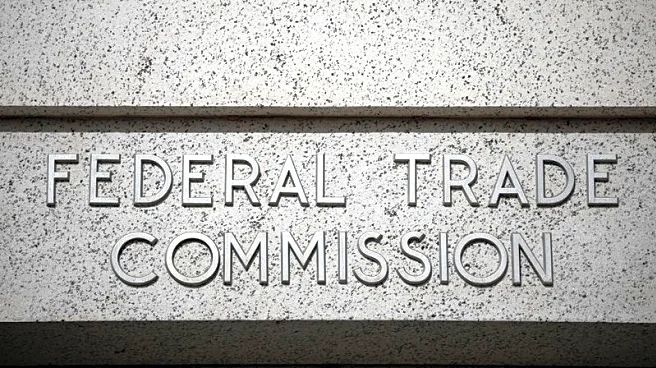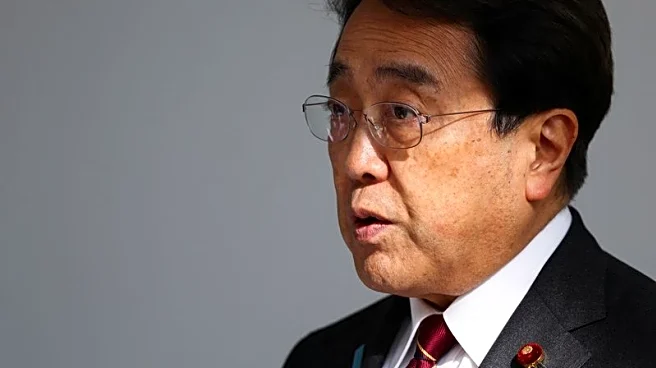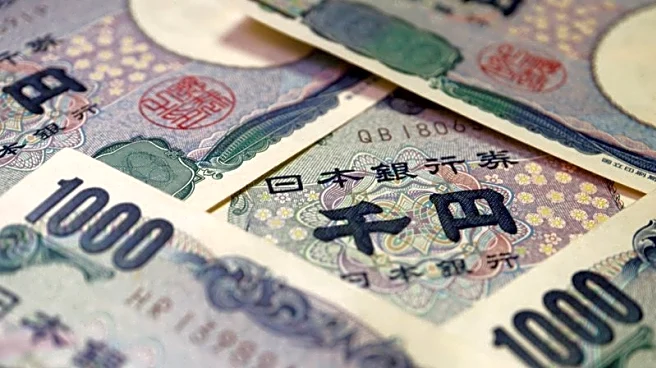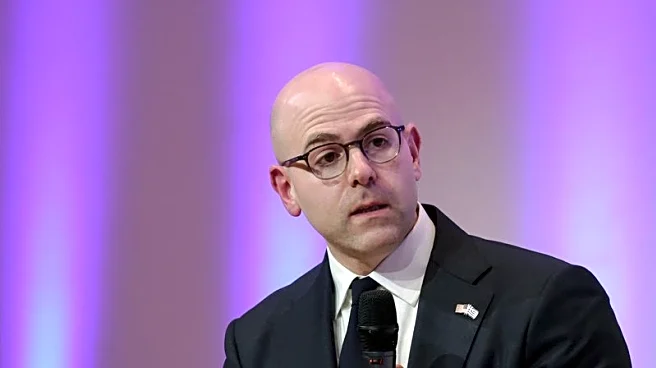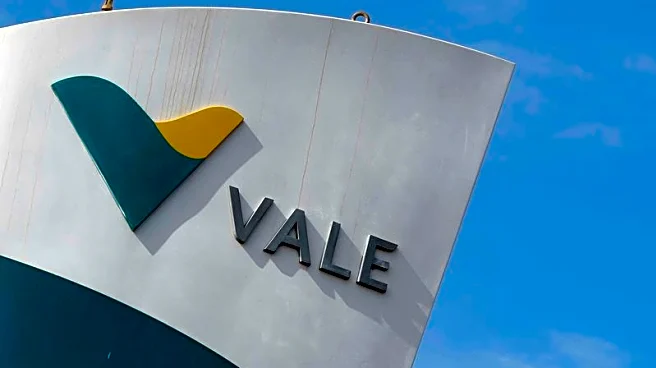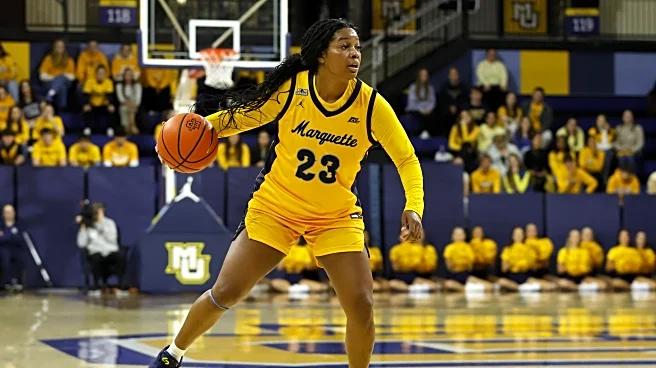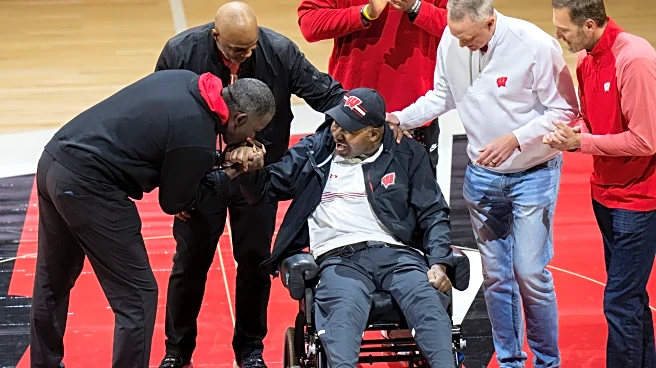What's Happening?
Luka Bogavac, a recent addition to the University of North Carolina's basketball team, is facing eligibility challenges that prevent him from participating in the exhibition game against BYU. Although
Bogavac has received NCAA clearance to play college basketball, UNC has yet to finalize his playing status due to internal processes. Bogavac, who joined the Tar Heels after playing professionally in Europe, has been enrolled at UNC since August. His eligibility complications stem from his previous college courses taken overseas. Despite these hurdles, Bogavac has been actively involved in team activities and has shown promising performance in scrimmages.
Why It's Important?
The eligibility issues surrounding Luka Bogavac highlight the complexities international players face when transitioning to U.S. college sports. This situation underscores the importance of NCAA and institutional regulations in maintaining fair play and eligibility standards. For UNC, resolving Bogavac's status is crucial as he is expected to be a significant contributor to the team's performance this season. His absence in games could impact team dynamics and performance, especially given his impressive track record in European leagues. The resolution of his eligibility could set a precedent for future international recruits facing similar challenges.
What's Next?
UNC is working diligently to resolve Bogavac's eligibility issues, with no specific timeline for completion. The university's athletic department and administration are involved in finalizing the necessary processes. As the season opener approaches, UNC aims to have Bogavac cleared to play, which would bolster their roster. Stakeholders, including fans and team members, are keenly awaiting updates, as Bogavac's participation could significantly influence the team's strategy and success in upcoming games.
Beyond the Headlines
Bogavac's situation sheds light on the broader challenges international athletes encounter in U.S. college sports, including visa issues and academic eligibility. It also raises questions about the NCAA's role in facilitating smoother transitions for international players. The cultural and educational adjustments required for these athletes are significant, and institutions may need to develop more robust support systems to aid their integration.
